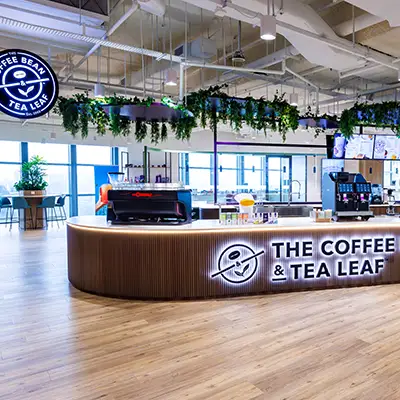Asean leaders, including Prime Minister Lee Hsien Loong, have called for unity as the region battles the coronavirus pandemic.
No country can afford to turn away from its neighbours and trade in essential goods must continue, they said at a virtual summit on the Covid-19 disease yesterday.
"None of us in Asean can be truly safe unless the entire region is safe," PM Lee noted in his address, describing the pandemic as "the gravest public health crisis that mankind is facing in this century".
He urged the countries not to lose sight of longer-term objectives, which will help them survive the crisis and recover when the storm is over. "We should build on the relationships and institutions that Asean has created over half a century. We must resist the temptation to turn inwards and away from one another," he added.
PM Lee was speaking at the Special Asean Summit on Covid-19 via video conference. It was convened by Vietnam, this year's Asean chair, and chaired by its Prime Minister Nguyen Xuan Phuc.
In a joint declaration, the countries stressed the need to mount an urgent response to address the public health, economic and social impacts of the pandemic.
These include keeping Asean markets open for trade and investment, enhancing cooperation among countries to ensure food security, and implementing measures to boost stability and improve confidence in the regional economy.
Philippine President Rodrigo Duterte pushed for an "early warning system" for pandemics in the region, while Indonesian President Joko Widodo wanted joint contact tracing and outbreak investigations to stop the disease from spreading across borders.
In his speech, PM Lee urged countries to share information, collaborate to keep supply lines open and build resilience to deal with future economic shocks.
Technology can be used to deal with the pandemic, he added, highlighting Singapore's efforts to use channels like WhatsApp to disseminate information and its work on the TraceTogether app.
The Asean Smart Cities Network can be a platform to share these best practices, and help cities better prepare for future public health emergencies, he said.
Like the other Asean leaders, he noted that none of the member states are completely self-sufficient in essential items such as medical supplies and food.
In addition, many export goods and agricultural products.
"Closing our borders completely would therefore only deprive us all of goods and products that we can produce together, hurting our economies and worsening unemployment."
PM Lee called on Asean countries to maintain trade among themselves and persuade their partners to keep trade flowing, even as the global network of trade begins to fracture under stress.
For instance, the Singapore-Malaysia Special Working Committee on Covid-19 has kept goods flowing between them, despite curbs on the movement of people, he said.
He also called for Asean to adopt clear guidelines so that the region takes "a balanced, rational approach" in considering both health and economic factors when dealing with such crises.
Asean, he added, should still aim to sign the Regional Comprehensive Economic Partnership trade agreement this year and continue pursuing the Comprehensive Air Transport Agreement with the European Union.
"Dealing with the immediate crises while not losing sight of the longer-term objectives is the best way to enable our economies... to bounce back after Covid-19 passes," he said.
CREDIT: Linette Lai
Copyright © 2020 Singapore Press Holdings
This article was written by Linette Lai from The Straits Times and was legally licensed through the NewsCred publisher network. Please direct all licensing questions to legal@newscred.com.![]()






